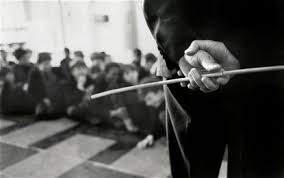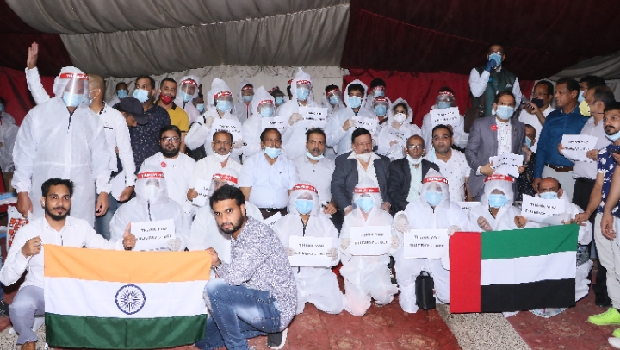Mangaluru, Nov 14: Police have booked Fr Vishal Monis, the principal of St Anne English Medium High School, Kelrai in Neermarga village here, under the Scheduled Caste and Tribe (prevention of atrocities) Act for allegedly assaulting a Hindu student and insulting his caste.
 However, Fr Monis, who is also an assistant parish priest, has denied the allegations and said that miscreants have used the student in question to target him. Even though the incident occurred on November 5, the student's mother Prema M lodged the complaint at Mangaluru Rural Police Station only on Friday.
However, Fr Monis, who is also an assistant parish priest, has denied the allegations and said that miscreants have used the student in question to target him. Even though the incident occurred on November 5, the student's mother Prema M lodged the complaint at Mangaluru Rural Police Station only on Friday.
In her complaint, Prema, has claimed that her son was hit with a cable wire for having failed to do his homework. She also accused the principal of deliberately insulting their caste. She also stated that the boy was asked to join a Kannada medium school, if he could not cope with English.
Fr Monis said that some miscreants who are not happy with him created thisdrama'. “I have been looking into a land dispute involving the church. Some people are not happy about this. They have used the student as a bait, and registered a fake complaint," he claimed.
He said that the student had been studying at a Kannada medium school earlier. "We admitted into the English medium school, free of cost, since he had a good academic record. However, he couldn't cope with the change in the medium of instruction. He also came late to class often," he said.
Fr Vishal pointed out that the school authorities had also counselled the boy on many occasions, when he had been absent for more than 15 days. "He was also not attending to his school work. When I spoke to him in this regard, he told me that he wanted to return to Kannada medium. So, I asked to seek admission at a Kannada medium school, which was close," he added.









Comments
We can not judge anybody false , without knowing truth behind... who knows , whether priest is right... ?!
Thank God he didnt slap him.
Add new comment